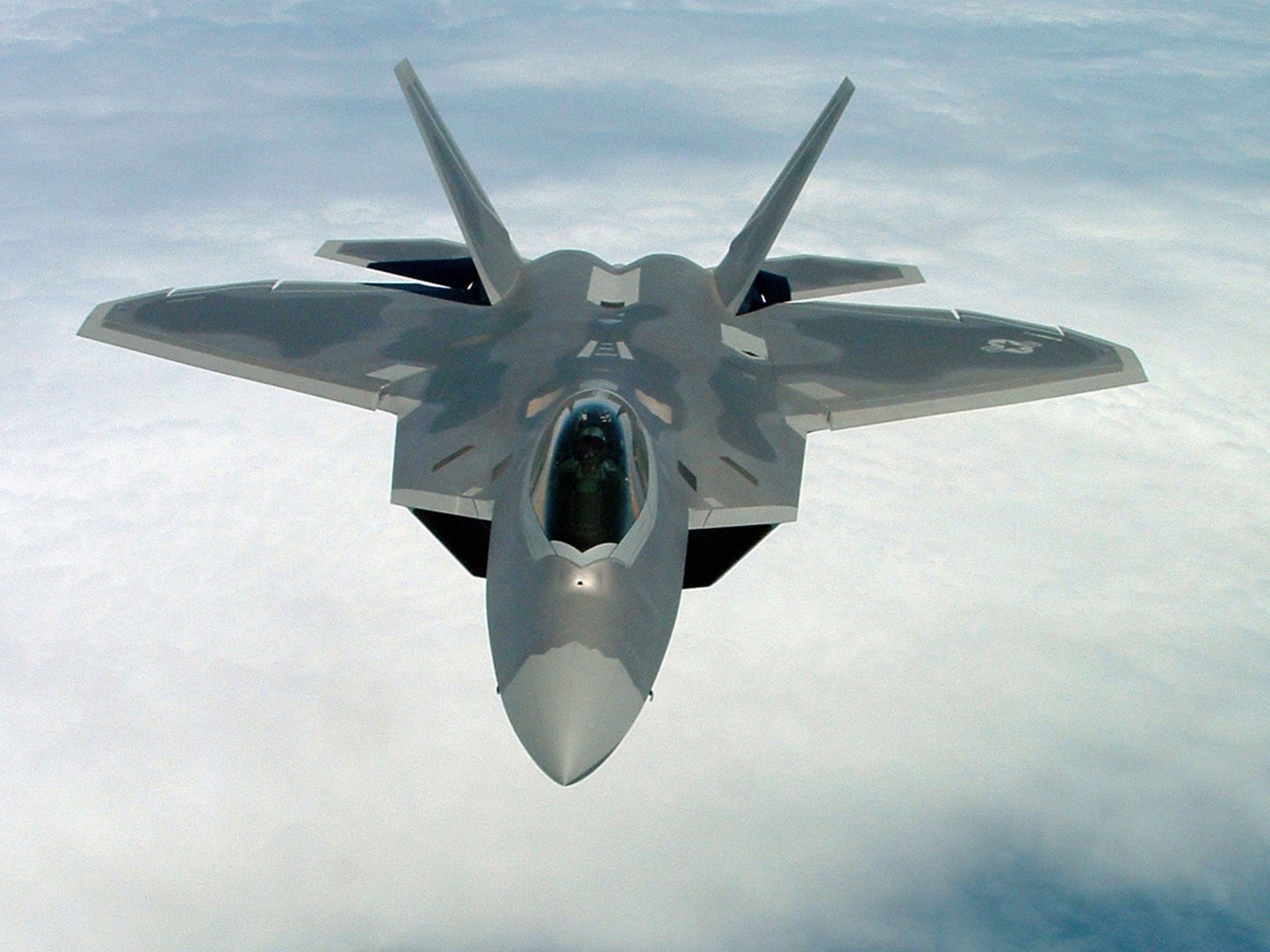Donald Trump 'rejected plan to defeat Isis because it was too similar to Barack Obama's'
Plan to eradicate militant group was supposed to have been agreed by February

Your support helps us to tell the story
From reproductive rights to climate change to Big Tech, The Independent is on the ground when the story is developing. Whether it's investigating the financials of Elon Musk's pro-Trump PAC or producing our latest documentary, 'The A Word', which shines a light on the American women fighting for reproductive rights, we know how important it is to parse out the facts from the messaging.
At such a critical moment in US history, we need reporters on the ground. Your donation allows us to keep sending journalists to speak to both sides of the story.
The Independent is trusted by Americans across the entire political spectrum. And unlike many other quality news outlets, we choose not to lock Americans out of our reporting and analysis with paywalls. We believe quality journalism should be available to everyone, paid for by those who can afford it.
Your support makes all the difference.Donald Trump rejected the US military’s plan for tackling Isis because he thought it was too similar to Barack Obama’s, reports suggest.
Despite the terrorist group having been all but driven out of Iraq and under threat of losing its strongholds in Syria, the White House is said to have asked officials to come up with new proposals in order to show that Mr Trump is different to his predecessor.
Military leaders are reluctant to fundamentally change a strategy that appears to be working, according to the Daily Beast, which quoted two US officials and a senior administration official.
Recent months have seen a number of successes in the battle against Isis. The militant group has been driven out of its former Iraqi stronghold of Mosul and opposition forces have surrounded its last remaining bastion, the city of Raqqa in Syria.
Fifty Isis leaders are reported to have been killed by US special forces since Mr Trump took office in January, although this is fewer than the 80 assassinated in the last six months of Mr Obama’s presidency.
Air strikes against the group have increased in recent months, rising from an average of 440 a month in the last six months of 2016 to just under 800 a month now.
Mr Trump has so far made few changes to the US’ anti-Isis strategy but has repeatedly promised to publish a new and comprehensive plan for defeating the organisation.
During the presidential campaign, he claimed he had an “absolute way of defeating Isis” but refused to say what it was.
“I don’t want the enemy to know what I’m doing”, he said in 2015. “Unfortunately I’ll probably have to tell at some point, but there is a method for defeating them quickly and effectively and having total victory.”
He later said his plan was to ask US military generals to come up with one.
“I’m going to convene my top generals and give them a simple instruction,” he said in September 2016. “They will have 30 days to submit to the Oval Office a plan for soundly and quickly defeating Isis.”
In May, the US President said he would hold a press conference in two weeks to lay out his Isis plan. Two weeks later, he said the announcement would be in a further two weeks.
Now over six weeks later, reports suggest the delay is in part because Mr Trump is determined to differentiate himself from Mr Obama and wants to make certain the two plans are different enough.
The main change implemented by the Republican to date involved delegating responsibility for authorising air strikes and special forces missions.
Whereas Mr Obama had been directly involved in signing off operations, Mr Trump has handed much of the responsibility to his Defence Secretary, Jim Mattis. Mr Mattis has, in turn, given more authority to military commanders.
Mr Trump has also ramped up operations against Isis and its affiliates in Afghanistan, Yemen and Somalia.
Join our commenting forum
Join thought-provoking conversations, follow other Independent readers and see their replies
Comments